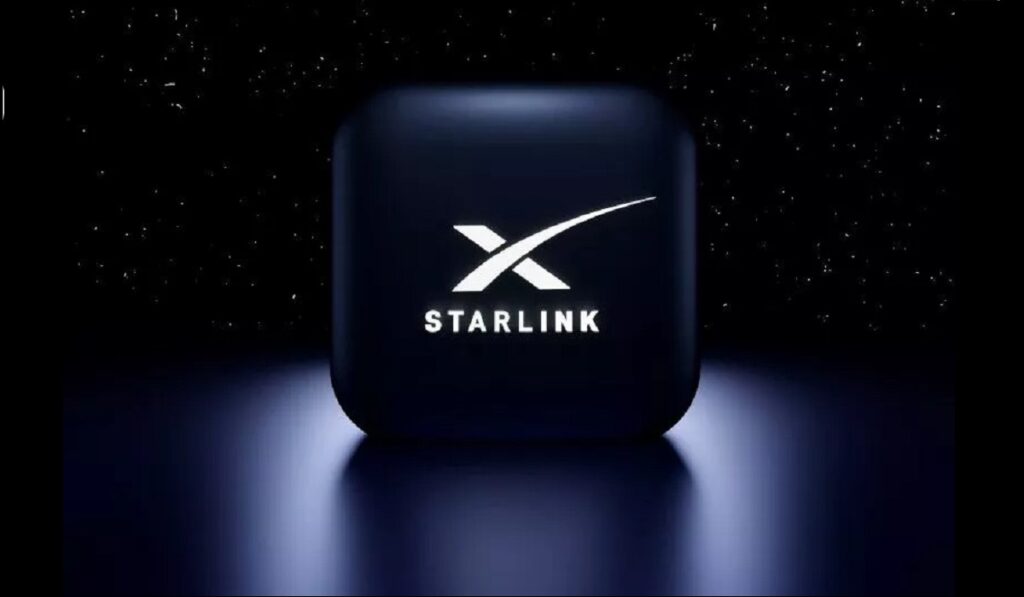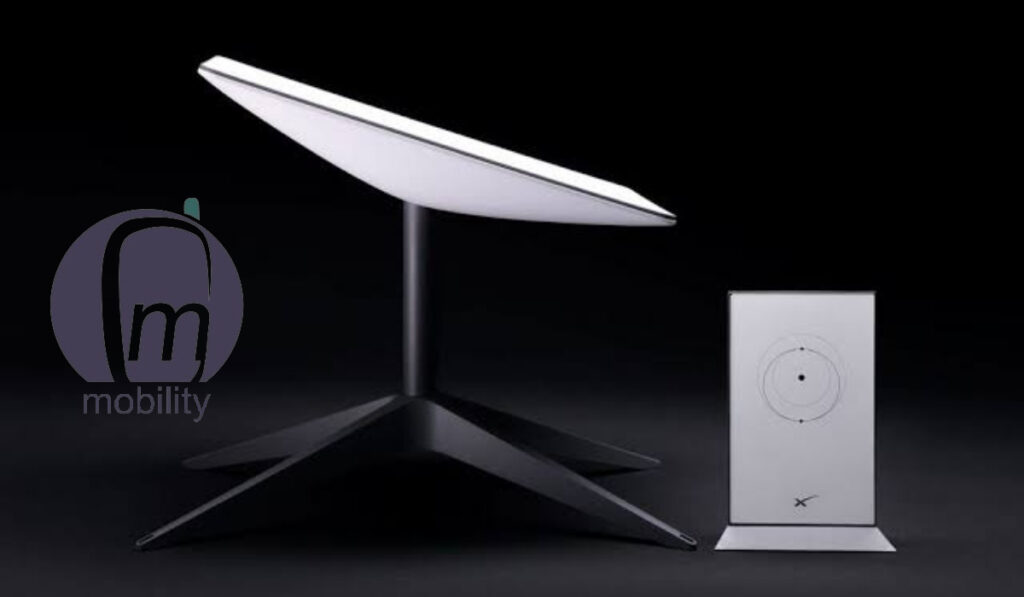Over the last few decades, I have repeatedly seen the euphoria that is kicked up every time a faster or better service or technology is introduced. It is the nature of humans to drool and whoop over shiny new objects that way. But eventually, the initial excitement dies off and most people move on. There are very few new products that revolutionize or shakeup a market. Did you observe how the initial excitement around MTN 5G quickly dissipated?
Many new products and services are good and offer benefits that most people would love to jump on. Very few of them strike the right mix of improvements, benefits and cost to make them truly disruptive – an upheaval that requires adoption by the mass market. Starlink Nigeria is not one of those few products. At least, not in its current form. Perhaps a future iteration will.

Offering more than ten times the speeds that the average ISP or mobile network in Nigeria delivers, Starlink is truly drool-worthy. We all love the idea of more speed, whether we need it or not. The history of humanity is littered with chronologies of faster vehicles, faster transportation, faster Internet, and faster everything possible. But like in all other areas, the faster things are not mainstream.
The fastest things you know, or didn’t know
The fastest aircraft are experienced by a small elite group of individuals – fighter pilots. Not even every pilot in the military gets to experience that; just the fighter and reconnaissance pilots. Cars are an everyday commodity, but the fastest cars are experienced only by a small subset of individuals – Formula 1 drivers and their navigators. The fastest computers? Please. No regular Joe gets to use those.
And so it is that the fastest Internet in Nigeria today, Starlink, is going to remain a niche product that will be subscribed to mostly by the upper 5% of the Nigerian population. Perhaps a few people outside of that small circle will also find innovative ways to enjoy the service (for example, pool resources to obtain the service for a block of apartments). I have heard a few individuals claim that Starlink is going to disrupt or shake up Internet access in Nigeria. But will it?
Sapa is a hurdle
Starlink’s satellite communications equipment costs ₦268,584. That right there is a massive gate – the type that the Biblical city of Jericho must have had. Most Nigerians are unable to afford the ₦60,000 equipment for the average unlimited Home Internet from ISPs. Asking them to cough out ₦269,000 is asking for a hard thing. High net worth individuals and a few middle class people, together making up the upper 5% of the population, are the ones who bite that bullet and shell out ₦60,000. It is from this small population that Starlink will attract users. Those outside of that demographic lack the purchasing power to cough out that amount and the ₦19,260 monthly subscription.
PS: Because your order is in USD, you may end up paying as much as ₦441,000, like a colleague did. It all depends on what card you are using and what exchange rate is applicable on that card. It appears that the ₦268,584 figure is an approximate conversion done by Starlink based on the official USD exchange rate, which very few people have access to at this time.
In other words, the mobile network operators, MTN, Airtel, Glo, and 9mobile, will hardly get scratches from the scramble for Starlink that we are now witnessing in real time. That scramble is by a very small set of people. It is easy to be fooled by the noise of the Twitterati who Ooh and Aah over their shiny new Starlink boxes and blazing fast speeds. The Twitterati is a bubble – a very small one.
Nigerian mobile operators are not at risk from Starlink
The rest of us will move on with our lives, hugging our mundane 4G connections from MTN, Airtel, Glo, 9mobile, Smile, Spectranet, FibreHub, and the like. It will be mostly business as usual for the GSM operators. And since Starlink is not a mobile connection, even its patrons will still keep a mobile subscription for when they are out of the home or office.

Look at DStv
DStv, also a satellite service requiring a dish and a decoder for TV, but which has much lower entry costs depending on what options you go for, has about 13 million subscribers in Nigeria after years of operation. To reach more Nigerians, MultiChoice had to introduce GOtv, a more affordable service. Now, think of the cost outlay for Starlink Nigeria again. No.; at the current price point, it isn’t going to be shaking anyone but the ISPs (who, again, service a tiny percentage of Nigerians).
Starlinks Is A Headache to Nigerian ISPs
The total ISP subscriptions in the country is in the 200,000 range, according to the Nigerian Communications Commission. Not even 1 million. A mere 200,000. Starlink Nigeria will steal away some of that 200,000. That is it. A paltry number. Sad as it will be to see many of the existing ISPs go out of business, Nigerians will not miss them much.
It is important to mention that some mobile operators have ISP services separate from their mobile services. For example MTN HyNet. Airtel’s Home Broadband service is another. They both exist in the same WhatsApp group as the rest of the ISPs and will take a hit from Starlink. Again, they serve a tiny percentage of users.
A critical mass of adopters is required for any product or service to disrupt a market or shake an industry. An Internet service that requires close to three hundred thousand Naira to jump on is not even close to acquiring that critical mass. If the initial capital outlay for Starlink equipment drops to the ₦50,000 region, oh, what an upheaval that will trigger. A revolution would happen. Multiple millions would get Starlink and ISPs would be in serious trouble (and they are in some trouble already now). Even mobile network operators would be scrambling back to the drawing board to come up with effective counters to that.
Until then, Starlink Internet will remain a niche service in the country. In December 2022, SpaceX tweeted that Starlink now had more than a million subscribers world wide. Nigeria is an attractive market because of the generally poor Internet service that we are treated to by both ISPs and mobile operators. As a matter of fact, we have the potential of becoming one of Starlink’s biggest markets, for this very reason. Hopefully, economies of scale will see equipment prices drop in the years ahead and help drive greater adoption, and this disruption that some speak of now will then happen right before our eyes.
PS: If you are getting the Starlink service, we have an article detailing the speeds to expect, the costs, and how to set it up: Starlink Internet in Nigeria.
- Like our Facebook page: @mobilitynigeria
- Follow @MobilityNigeria on Twitter to stay up-to-date when we publish new articles.
- Follow @MobilityNigeria on Instagram for fun stuff.

9 thought on “Why Starlink is not about to disrupt Internet service in Nigeria”